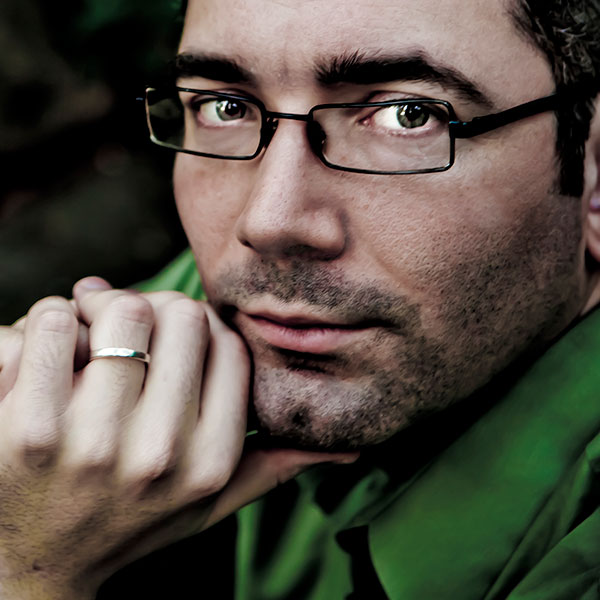Recently, I sat down with one of my greatest relationship building inspirations, Michael Roderick. At one of the most pivotal times in my life, Michael was there with advice, opinions, and a plethora of game-changing connections. He’s one of the Godfather’s of the connection movement, someone who values the double opt-in intro, and is always looking to give.
Michael Roderick is the founder of Small Pond Enterprises, a company that works at the intersection of relationship building and thought leadership. He also is the founder of ConnectorCon, a conference for connectors.
Chris Schembra: What is the most powerful lesson you’ve learned about relationships?
Michael Roderick: The most powerful lesson I’ve learned about relationships is how important it is to curate them. The people you surround yourself with not only are important to the work you do but how you’re perceived by others. If you surround yourself with great people who care about others, then you’ll attract more of those people. Too many of us never take the time to ask who we are letting into our lives and just build our networks on autopilot. The more intentional we are the more we are able to achieve.
What’s the best relationship advice you’ve ever received?
The best advice I ever received was to always double-opt-in when making an introduction. There are plenty of people who get inundated with connections that they don’t have the time for or aren’t a fit for them. By asking first, you avoid any awkward conversations.
What about the worst?
The worst advice I received was when someone told me to open every conversation with “How can I help you?” I quickly learned that starting a conversation that way presented me as someone who assumed I was in a position to help the other person and also as someone who would make an offer before getting to know someone. We shouldn’t ask someone about their problems until we have established trust.
What’s the most challenging lesson you’ve learned about relationships?
The most challenging lesson I’ve learned is that if you don’t protect yourself, relationships can burn you out. It’s easy to get hooked on running around solving everyone else’s problems and completely ignore your own challenges. I learned that all of your relationships suffer if you don’t have a giving and caring relationship with yourself.
What do you wish you had known earlier about connecting with others?
That it’s ok to pace yourself. When I first started, I took thousands of one on one meetings sometimes five meetings back to back in a day. My business and life suffered as a result but I thought that I was doing what I needed to do to be a great connector. I’ve learned over time that pacing is really important because you need time to do the work you need to do as well as build relationships.
How do you maintain your most important relationships every day?
I use any moment of waiting to think about them. If I am on the subway I think about who I haven’t talked to in a while and jot down a note. If I am scrolling social media and I see a friend post something interesting, I share or comment. I make it a point to check in with the people in my life and invite them to things that are valuable. I think if you make sure to take some time to think about who you haven’t talked to in awhile you’ll always have ideas for who to touch base with.
What’s a mistake you made in a relationship that changed the way you think about them?
I once introduced a director to a writer before I had learned about the double opt-in. He sent me a strongly worded email that he felt on the hook as a result of the intro and that now he had to talk to someone he didn’t really want to talk to. I felt awful and decided from then on to never make an intro without asking.


